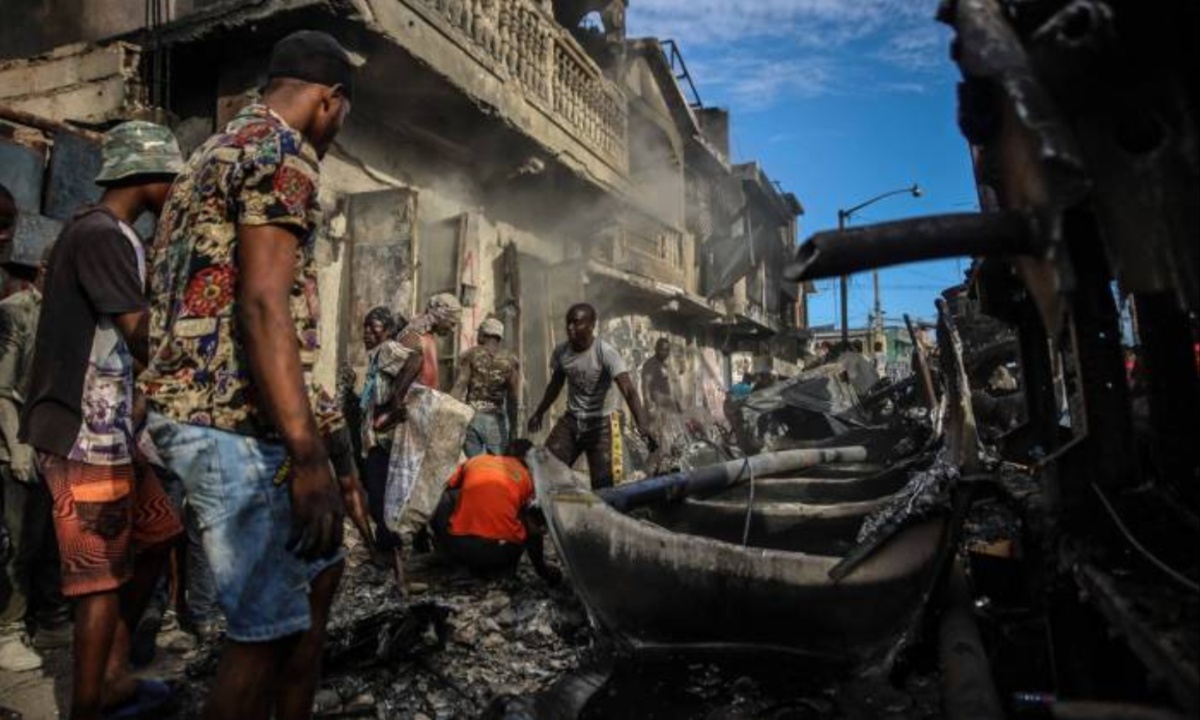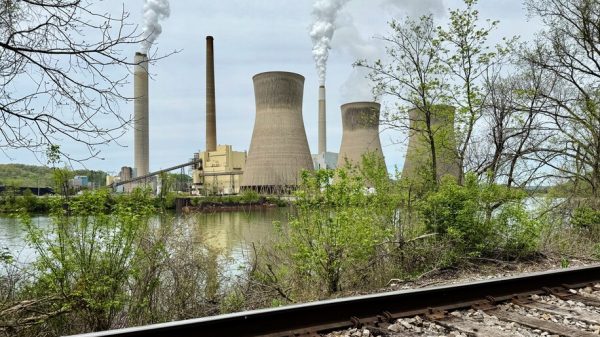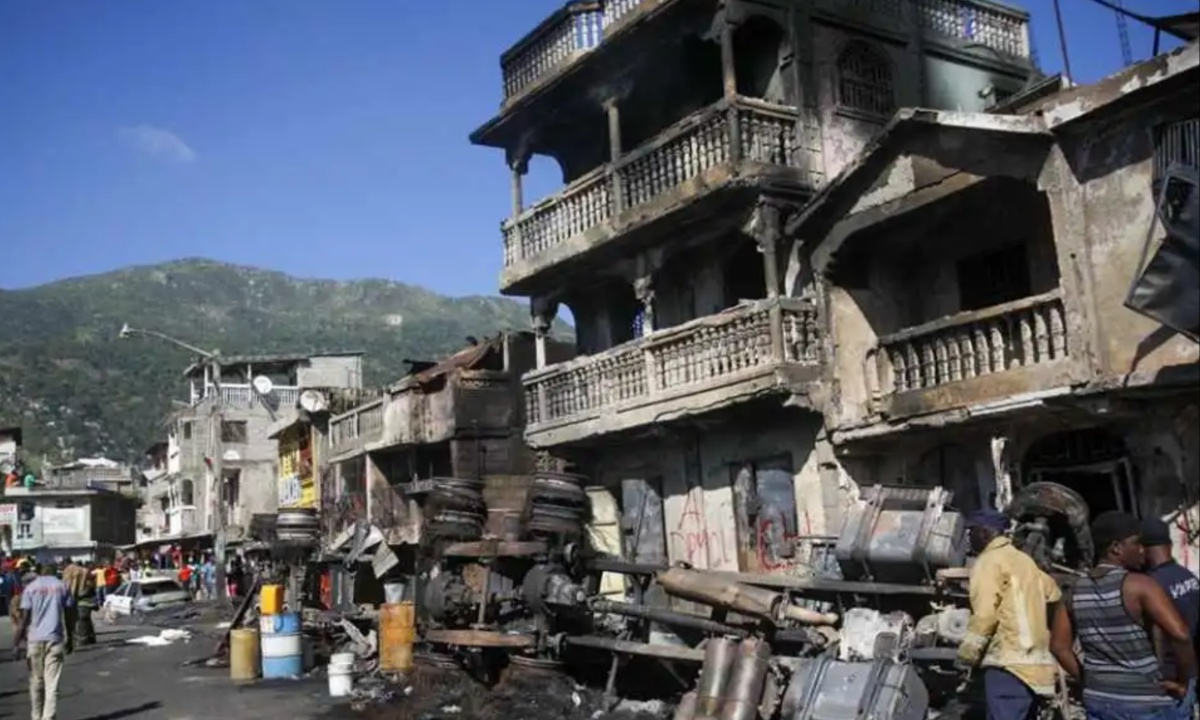A tragic tanker truck explosion in southern Haiti has claimed the lives of more than 15 people and injured around 40 others. The explosion occurred when a tanker, leaking petrol, ignited as people attempted to collect the spilled fuel.
Interim Prime Minister Garry Conille confirmed the incident and said that the government had mobilized civil protection crews and other officials to manage the situation. He expressed solidarity with the victims and their families, adding that evacuation efforts, including the use of helicopters, were underway.
Witnesses reported that the blast happened after another vehicle punctured the gas tank of the truck, leading many people to rush to the scene to collect the leaking fuel. A local man, in an interview with Echo Haiti Media, described how those closest to the truck were instantly killed in the explosion.
Due to the number of people gathered at the site, the exact death toll remains uncertain. The injured were rushed to Sainte Therese Hospital in Miragoane, located about 100km west of the capital, Port-au-Prince.

Tanker Explosion in Southern Haiti Kills Over 15, Injures Dozens Amid Fuel Collection Effort
Officials have been working to ensure that victims in critical condition are transferred to other regional hospitals for better treatment. Emmanuel Pierre, the national head of Civil Protection, confirmed the seriousness of the situation. Prime Minister Conille later described the scene as “horrible” in a social media post, underlining the devastating impact of the explosion on the local community.
This tragic event is reminiscent of another deadly tanker explosion in Haiti in 2021. In that incident, a truck attempting to avoid a motorbike derailed in the northern city of Cap-Haitien, resulting in the deaths of dozens of people. The repeated occurrences of such incidents underscore the dangers faced by Haitians, who often gather to collect fuel from tankers in a country that has been grappling with periodic fuel shortages.
Fuel shortages in Haiti have been exacerbated by widespread gang violence, particularly around Port-au-Prince. In recent weeks, fuel deliveries to areas like Miragoane have slowed as transport routes through gang-controlled territories have become too dangerous, forcing trucks to use ferries for safer passage. The ongoing instability has heightened the risks associated with fuel distribution in the country, contributing to such tragic incidents.











































